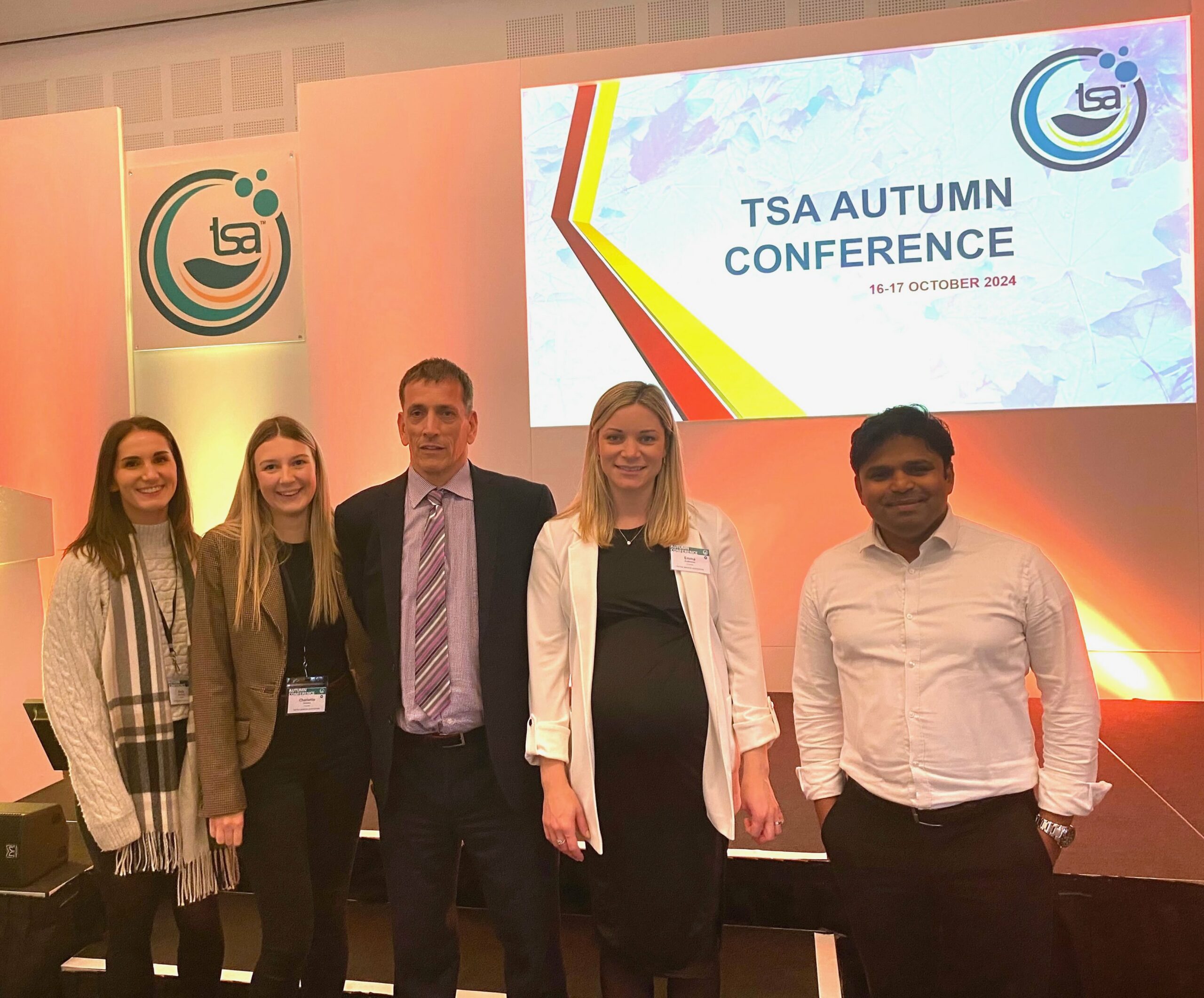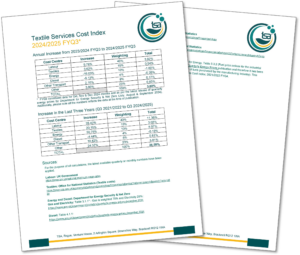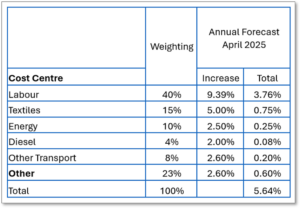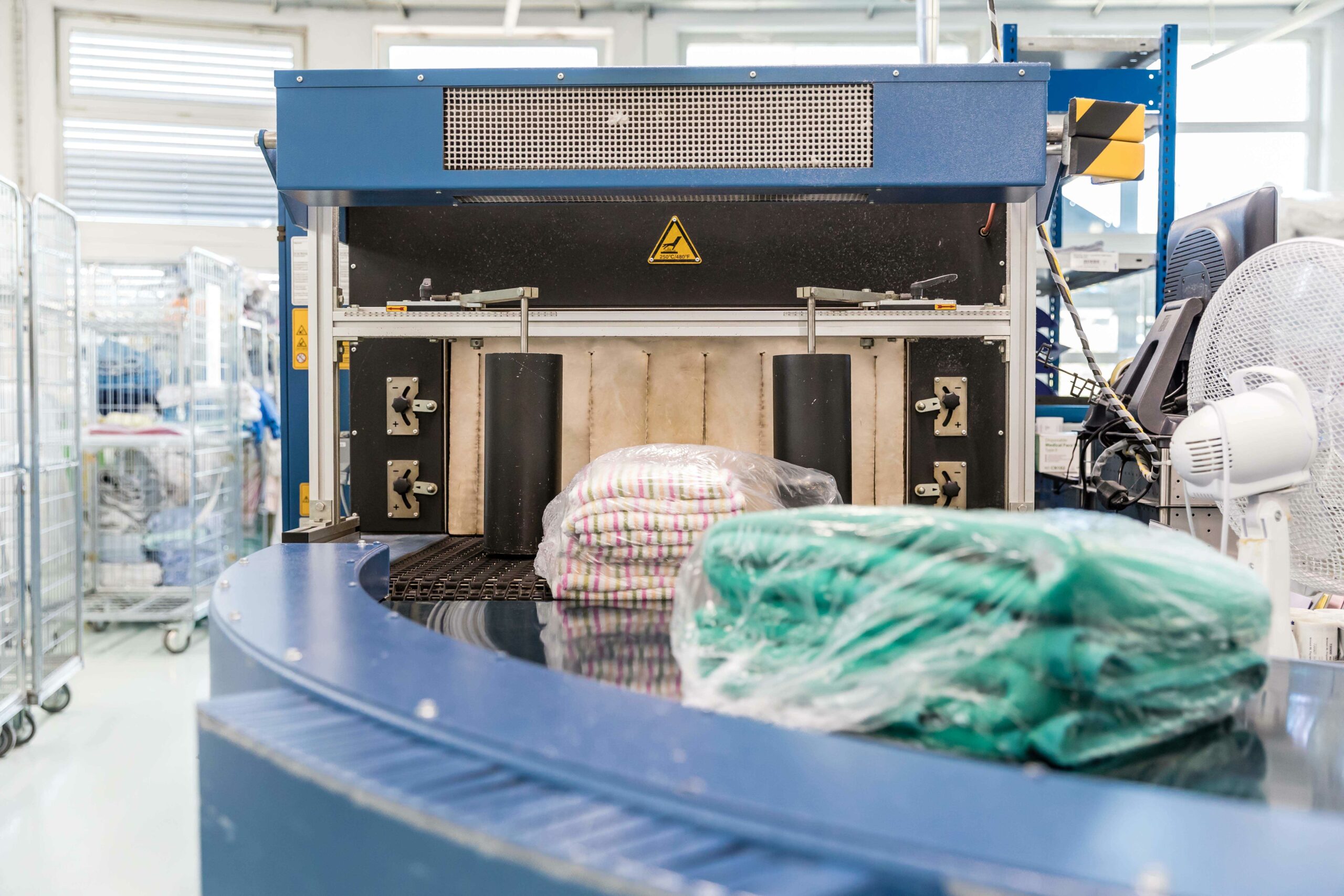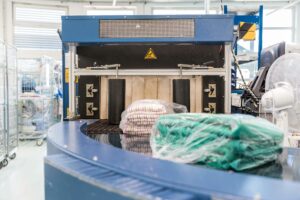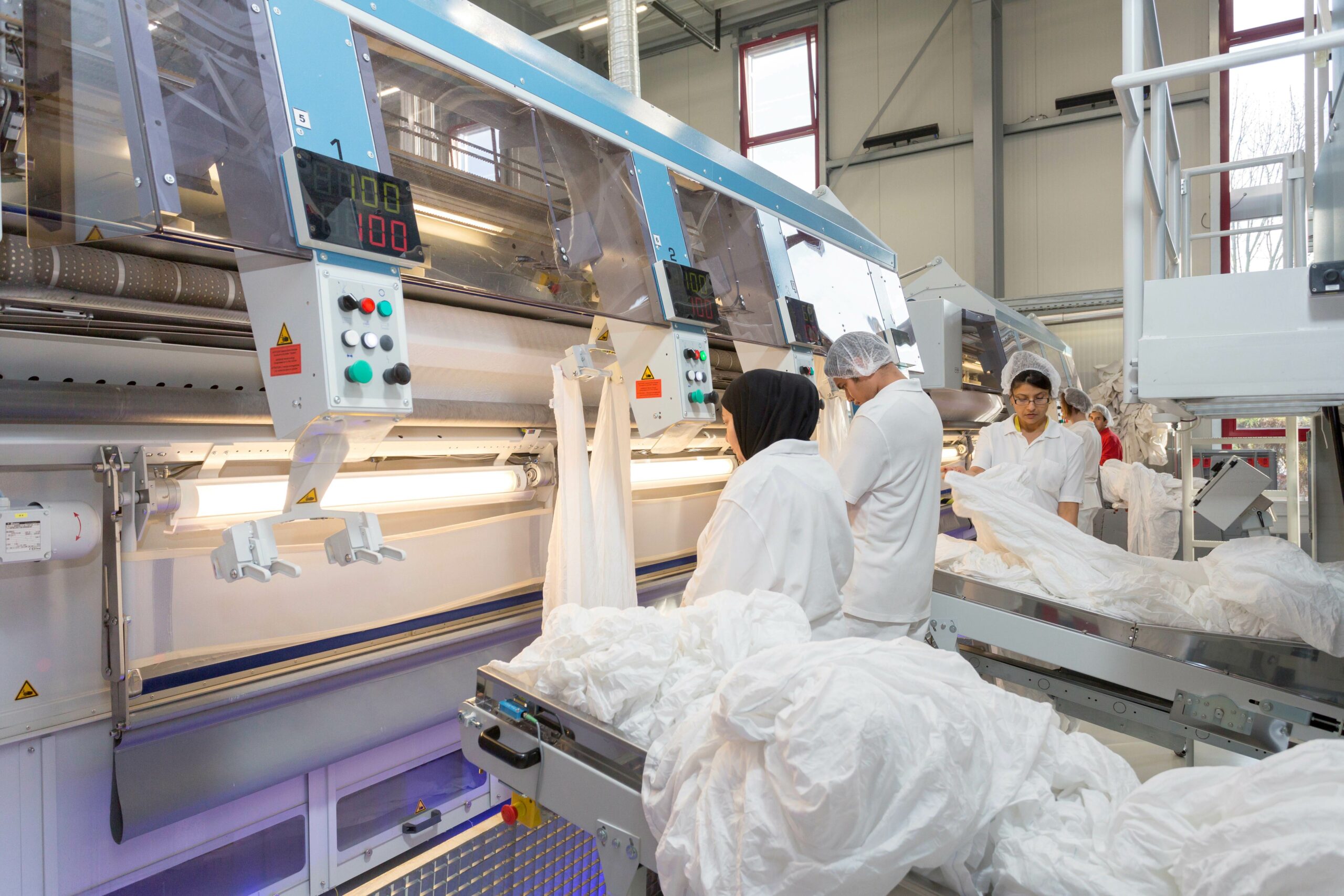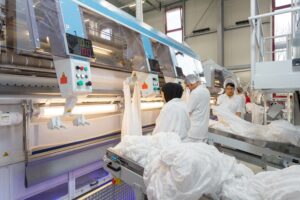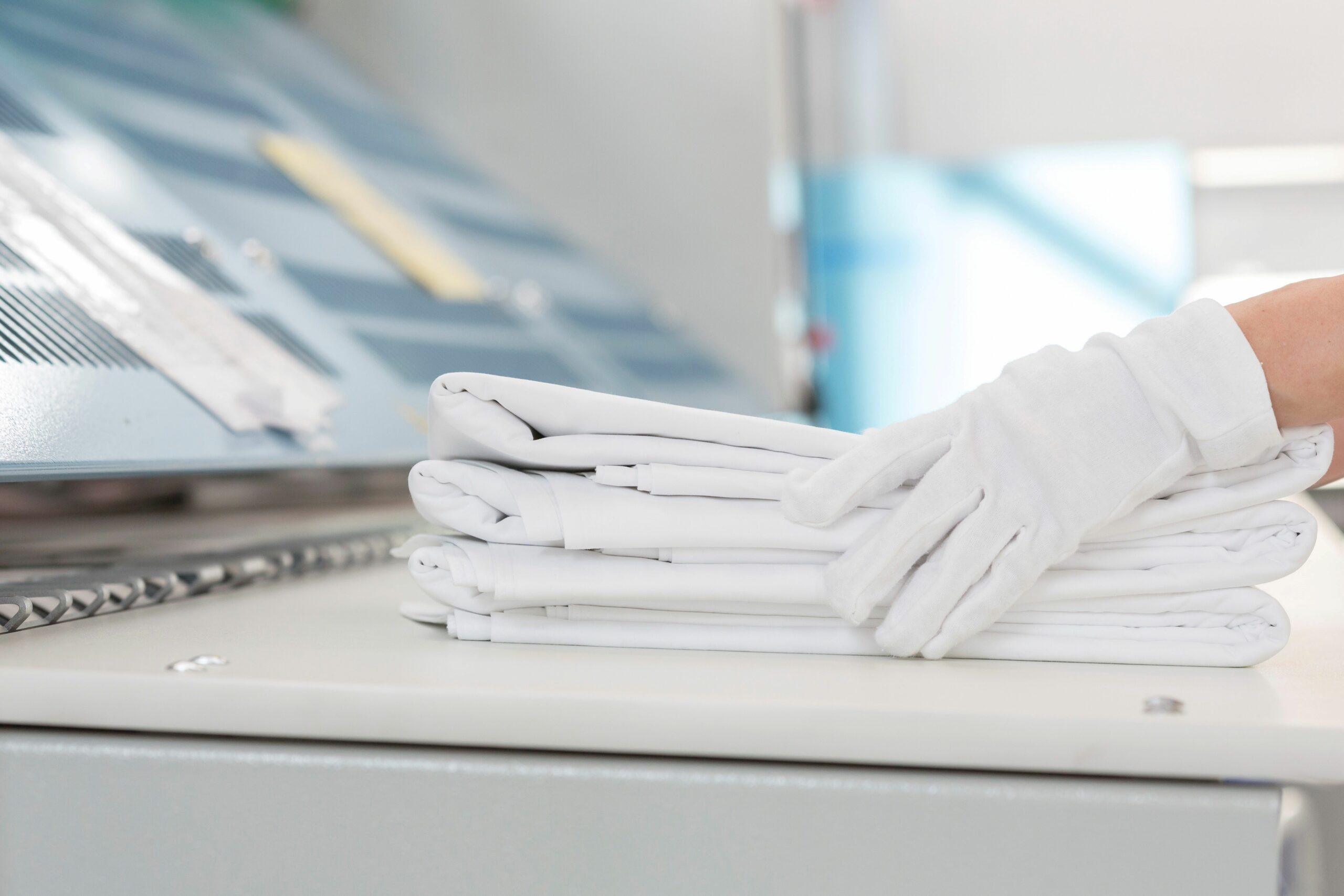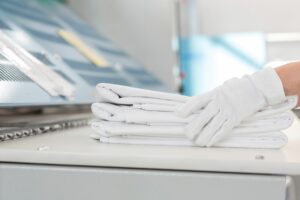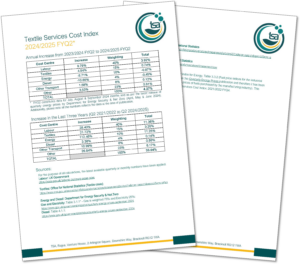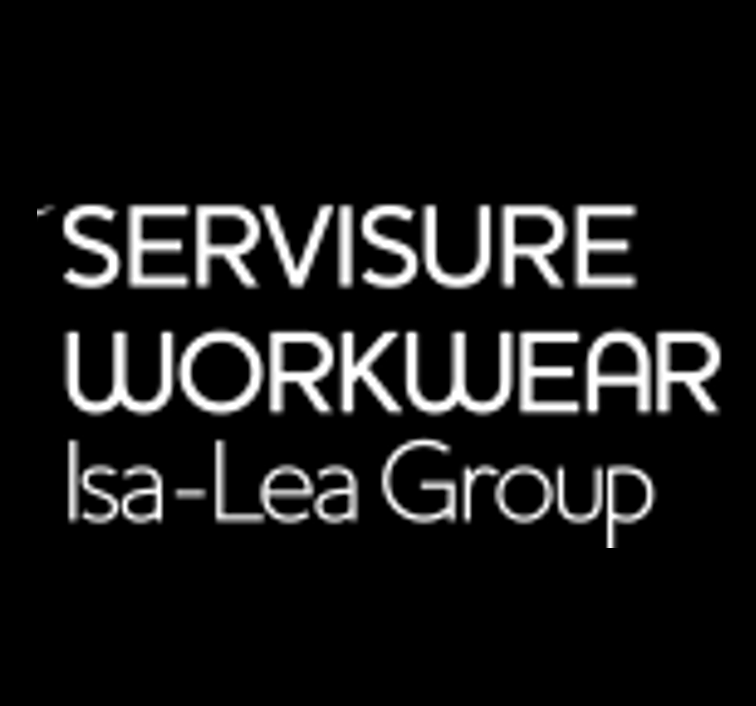TSA’s David Stevens reflects on lessons learnt covering sustainability and diversity, equity and inclusion
Trade associations protect, connect with, value and educate their members. Education in particular is a tool to both guide and challenge. The Textile Service Association’s (TSA) 2024 Autumn Conference put the challenges the laundry sector faces front and centre, with a particular focus on two areas: sustainability and diversity, equity and inclusion.
Climate change consultant Benita Matofska, a keynote speaker at the conference, defined sustainability as, “The ability to continue into the future.” While other areas in the conference applied sustainability more specifically to the commercial laundry sector, defining it in this broad and brilliant way drew clear connections to much of the varied programme and the industry challenges it conveyed. She said, “I do believe having an outsider perspective allows me to take an aerial view.”
Several of the conference speakers were, like Benita, outsiders to the laundry industry looking in, sharing that aerial view she described by communicating the broader challenges we face. While the challenges themselves are formidable, how they were communicated was rarely gloomy. There is always room for growth, and it’s clear the laundry industry will continue to improve the sustainability and inclusivity of the sector, with these topics becoming the bedrock of future conferences and events.
Recycling is an increasingly hot topic for the industry. Following her engaging Industry Workshop, Rosella De Angelis of Klopman International said, “The volume of textiles waste our industry is producing is far too high to be acceptable.” Recycling textiles is a relatively new area, with considerable challenges, but the fact that both her presentation and the conference at large highlighted the issue embodied the spirit of the event, and the way the industry is embracing the changes required.
For Rosella, the conference is a face-to-face environment where the sector can get together not just to promote but also instigate change. “Conferences like this are super important because these are complex messages. They help us see the overall picture to make it understandable.”
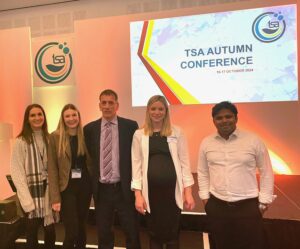
“The future is not a lone game. It’s shared, it has to be,” adds Benita. “The challenges we face in the future require us to work together.” Conferences bring competitors together in a space where, rather than compete, they sit side-by-side. If action requires working together, being together is sure to help.
In one of the conference’s live surveys, sustainability was ranked a top priority. In contrast, diversity, equity and inclusion received far fewer votes. Following the talk Dr Zaheer Ahmad MBE gave on Unifying Culture, they no longer felt like separate topics at all, more like siblings. He said, “If you look at the UN sustainability goals, equality is part of those. We will not be able to create a sustainable world without addressing the inequalities in ours.”
Nic Hamilton, British Touring Car Championship driver, author, public speaker and brother of Lewis, delivered a moving sendoff in the form of an improvised keynote speech. He talked about how his cerebral palsy affected his experience in school and later in professional motor racing. He also discussed his more recent venture as a successful public speaker. He said that 90 percent of life is mental, and only ten percent physical – quite a statement for someone who has experienced the challenges he has. It’s a great reminder too that, while we often measure the industry in kilos and pieces, the success of 2025 will come from nurturing and developing the wellbeing of the 24,000 workers within our industry.
The TSA will keep these conversations and many more going at this year’s events, including its upcoming National Congress, various seminar days, and the next Autumn conference. For more information contact the TSA.
If you have any queries, please do not hesitate to get in touch with us either via email or phone:
T +44 (0) 20 3151 5600
